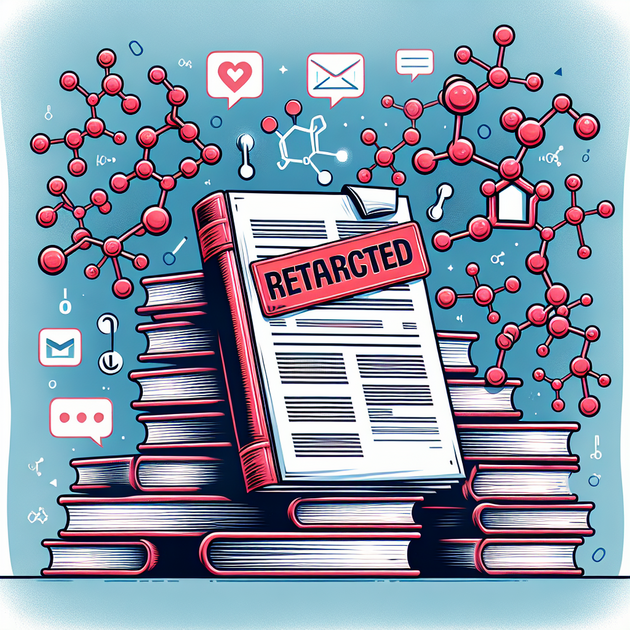Ever wondered how a widely shared scientific paper can go from headline news to being completely retracted? That’s exactly what happened with the recent vitamin D COVID-19 study that claimed a link between low pre-infection vitamin D levels and severe illness from the virus. After grabbing attention on Reddit’s r/science and across major media outlets, the study was pulled by its publisher due to serious flaws in its analysis.
Let’s dig into what happened, why this matters for science fans everywhere, and what you should watch out for when reading about medical research online.
What Was the Vitamin D COVID-19 Study?
The now-retracted article—originally titled “Pre-infection 25-hydroxyvitamin D3 levels and association with severity of COVID-19 illness”—was published in the journal PLOS One. The authors argued that people with lower vitamin D levels before catching COVID-19 were more likely to end up severely ill or die from the virus. It sounded like an important finding at a time when everyone was searching for ways to reduce their risk.
But there was a big catch. Not long after publication in 2022, experts raised questions about how the researchers actually analyzed their data. Fast forward to September 8, 2025: after a thorough review by an independent editor at PLOS One, the journal decided to retract the paper entirely.
Why Was the Study Retracted?
Retractions aren’t common in science journals—but they’re serious when they happen. In this case, here’s what led to pulling back the vitamin D COVID-19 study:
- Methodological Concerns: Experts found that the way data was analyzed couldn’t really answer whether low vitamin D caused worse outcomes in COVID-19 patients.
- Inadequate Testing of Hypothesis: The analysis didn’t properly test if pre-infection vitamin D levels were linked to severity or death from COVID-19.
- Questionable Conclusions: Because of these flaws, any conclusions about vitamin D’s protective power just weren’t supported.
The editors of PLOS One said these issues “prevented testing of the hypothesis” and called into question everything reported in the results section. Even though most authors disagreed with this move (15 out of 18 objected!), the journal stuck by its decision.
The Role of Reddit & Media Hype
Before it was retracted, this paper wasn’t just another academic footnote—it spread quickly on social media platforms like Reddit’s r/science. With thousands of upvotes and heated discussions in comment threads, it also caught mainstream media attention. Many news stories ran with headlines suggesting that boosting your vitamin D might protect you from severe COVID.
Here’s where things get tricky:
- Misinformation can spread fast when studies aren’t carefully vetted.
- Retractions often don’t get as much coverage as original claims.
- This can leave readers with outdated or incorrect ideas about science.
A moderator from r/science even updated their submission with a “RETRACTED” flair and added it to their wiki of pulled papers—a good example of responsible online community management.
Anecdote: When Headlines Move Faster Than Facts
A friend recently texted me a news link claiming “Vitamin D prevents severe COVID.” She’d seen it on her Facebook feed—shared by someone who read about it on Reddit. When I checked the source, it turned out to be this very study… which had already been pulled! We both laughed (and groaned) at how quickly information races ahead of reality online.
It’s a reminder that even well-intentioned readers can end up misled if they aren’t keeping tabs on updates or corrections. That’s why places like Retraction Watch exist—to track these changes and keep everyone honest.
What Can Readers Do When Studies Are Retracted?
Scientific research is always evolving—and sometimes that means correcting mistakes along the way. Here are some tips if you come across a flashy new medical claim:
- Check for Updates: Look for any notes or flags about corrections or retractions.
- Trust Reputable Sources: Major journals usually note if an article has been pulled or corrected.
- Follow Community Rules: On platforms like r/science, use Modmail to alert moderators if you spot a retracted submission.
- Be Skeptical: If something sounds too good (or too scary) to be true based on one paper—it probably needs more evidence!
Scientific self-correction isn’t failure—it’s how knowledge moves forward.
So next time you see a splashy headline about vitamins or miracle cures tied to new studies… will you pause before sharing? Or maybe double-check if that story still holds up?

Leave a Reply